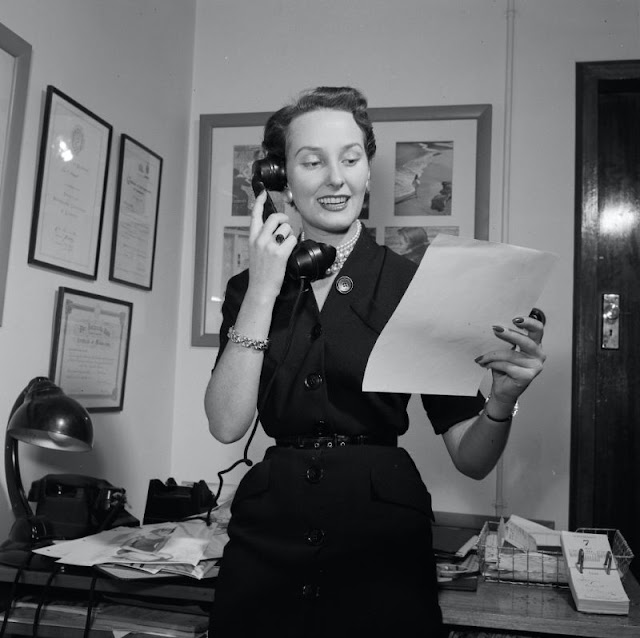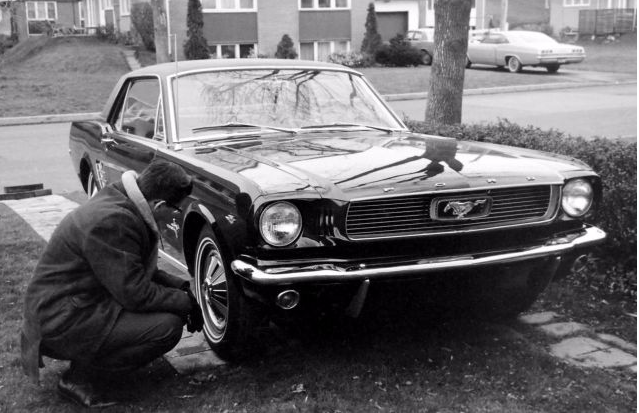Once upon a time in New York City, years before the World Trade Centre was built and the area known as TriBeCa came to exist, the lower west side of Manhattan was a different place. For this corner of the city was once home to a vibrant neighborhood, the streets filled with the sound of Arab music, the smell of fresh Baklava wafting from bakeries, shops brimming with everything from rugs to brass lanterns, veiled mothers watching their children playing and the newspapers and shop signs were written in Arabic. Little Syria, as it was known, was the cultural hub of America’s first middle eastern immigrant community and it was located just south of where the current World Trade Centre stands today.
For 60 years between 1880 until the 1940s, Arab-Americans poured into New York City from Greater Syria made up of present-day countries including Lebanon, Syria, Jordan and Israel to escape religious persecution and poverty. They found homes in crowded tenements on a six block stretch of Washington Street from Liberty Street to Battery Park, alongside Armenians, Greeks, and other communities from the Middle East and the Mediterranean.
The Syrian Quarter and its 3,000 residents, the newly arrived immigrants made a home for themselves in this tousled unwashed section of New York. Many of the early Syrian-Americans began their new lives as street vendors before saving up to establish their own businesses.
Little Syria declined as a neighborhood as the inhabitants became wealthier and gradually dispersed to other areas, and had disappeared almost entirely by the 1940s when the remaining community was displaced by the construction of the Brooklyn-Battery Tunnel. If you go looking for the neighborhood today, you’ll find just three buildings from the era: St. George’s Melkite Church, a tenement building at 109 Washington Street and the Downtown Community House.













